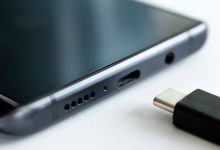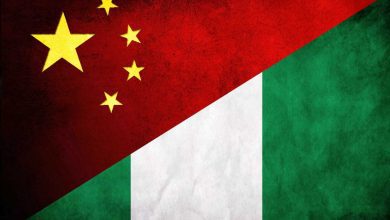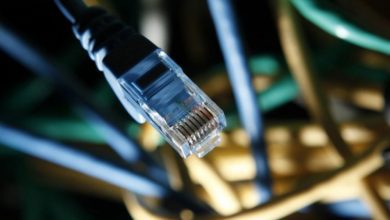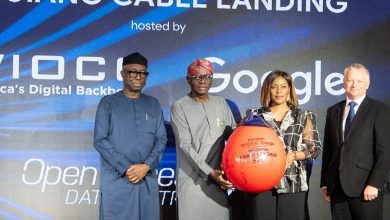Musk’s proposal for China-Taiwan relations gets slammed
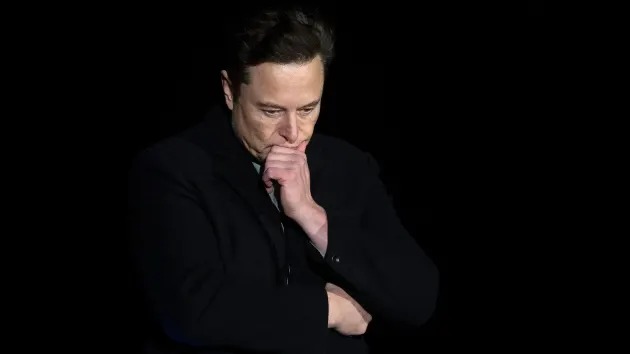
Elon Musk has expressed his opinion on the relationship between China and Taiwan, and the lawmakers of Taiwan are not impressed.
However, Taiwan’s de facto ambassador to the United States, Hsiao Bi-khim, tweeted on Saturday that the island’s “freedom and democracy are not for sale.” The tycoon had proposed a deal in which China would have partial control over Taiwan.
Taiwan is seen as a renegade province by Beijing, which believes that it should be reunified with the mainland. Taiwan is currently controlled democratically and autonomously. China has not ruled out the possibility of use force in this endeavour.
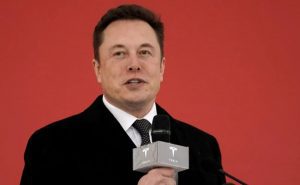

Musk said in an interview with the Financial Times that was published on Saturday that they “work out a special administrative zone for Taiwan that is pretty palatable, although it definitely won’t make everyone happy.”
“And it’s feasible, and I think probably, in fact, that they might have an arrangement that’s more lenient than Hong Kong,” he continued. “And it’s possible that they could have an arrangement that’s more forgiving than Hong Kong.”
Since it was handed back over to China by Britain in 1997, Hong Kong has been governed by China according to the principle of “one nation, two systems.” This has made it possible for Beijing to exercise some control over the city, allowing it to function as a semi-autonomous territory.
However, detractors have maintained that the national security law that was enacted in Hong Kong in 2020 was responsible for restricting some of the liberties that were guaranteed by the one country, two systems agreement.
The suggestion made by Musk received acclaim from Beijing, but criticism from Taiwan.
On Saturday, the Chinese ambassador to the United States, Qin Gang, expressed gratitude to Elon Musk for his idea that Taiwan establish a special administrative zone.
In a tweet, he stated that “Peaceful reunification and One Country, Two Systems are our essential principles for settling the Taiwan question.”
The ambassador continued by saying that as a special administrative territory, Taiwan “would enjoy a high degree of autonomy and a broad space for development.”
Despite this, Taiwan has consistently shown its opposition to a one nation, two systems structure.
Hsiao continued by saying on Saturday that “Any sustainable proposition for our future must be determined peacefully, free from compulsion, and respectful of the democratic wishes of the people of Taiwan.”
On Monday, President Tsai Ing-wen of Taiwan gave an address commemorating the country’s National Day. She did not make any mention of Musk’s statements, but she did discuss the relationship with China.
“I want to make it perfectly clear to the authorities in Beijing that an armed conflict between our two sides is in no way, shape, or form a viable alternative.” According to an official transcript of her address, Tsai stated that the only way to lay the groundwork for restarting constructive dialogue across the Taiwan Strait is to recognise the commitment of the Taiwanese people to our sovereignty, democracy, and freedom.
“We are willing to engage with the authorities in Beijing to develop a mutually agreeable arrangement for the purpose of maintaining peace and stability in the Taiwan Strait, provided that there is rationality, equality, and mutual respect between all parties involved. This is a responsibility that we all share.”
The concept that Musk has for Taiwan requires a “reality check.”
Musk, who operates the electric carmaker Tesla and is presently trying to seal a deal to buy the social networking site Twitter, is no stranger to meddling in geopolitics. In fact, he has a history of doing so.
After running a poll on Twitter on what he believed to be the most likely outcome of Ukraine’s conflict with Russia, the billionaire attracted the ire of politicians in Ukraine the previous week.
In addition, Musk has spoken extremely highly of China, which is both one of Tesla’s largest and most important markets and also the location of the company’s Shanghai Gigafactory.
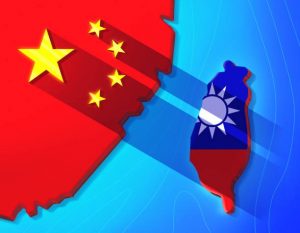

According to the assessment of one China observer, Musk’s suggestion on Taiwan “deserves a great deal of unpacking and perhaps even a bit of a reality check.”
Bates Gill, director of the Center for China Analysis at the Asia Society Policy Institute, stated on Monday’s episode of “Squawk Box Europe” on CNBC that “the only difficulty with this for Mr. Musk is that the people of Taiwan simply do not agree with that type of setup.”
Gill stated that Elon Musk may benefit from taking a more in-depth look at the complexities surrounding many topics, such as the relationship that exists between China and Taiwan.
“It is clear that the richest guy on the planet believes he has a lot to contribute to the discussion regarding these international issues. “Before giving all of us a lesson in diplomacy, I would only suggest that he take a much harder look at the realities, the historical precedents, and the geopolitical contestation that surround all of these questions,” Gill said. “I would only suggest that he take a much harder look at the realities, the historical precedents, and the geopolitical contestation
Join our 100,000+ members and never miss our members’ exclusive Breaking News and Entertainment Gist.
Gain Access to Our Private News Room
Popular stories right now
- Netflix 1899’s trailer shows passengers boarding a mysterious ship.
- I will deal decisively with insecurity – Peter Obi
- Abia doctors facing hardship over unpaid salaries –NMA chair

